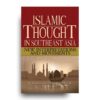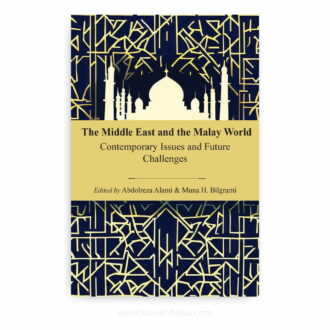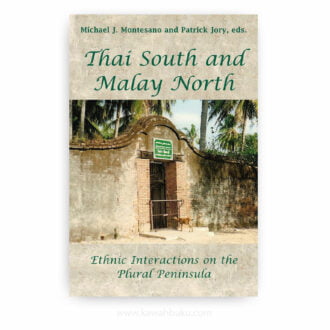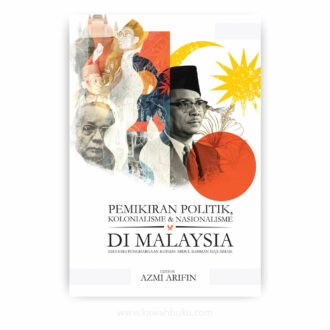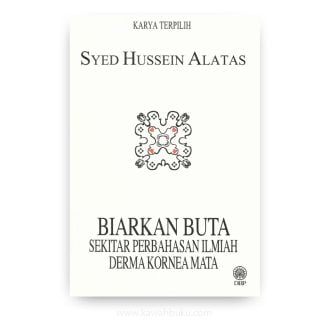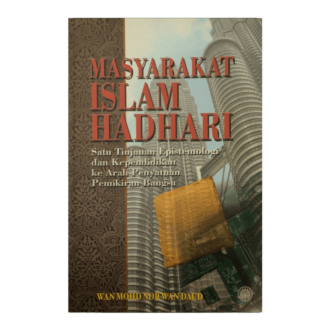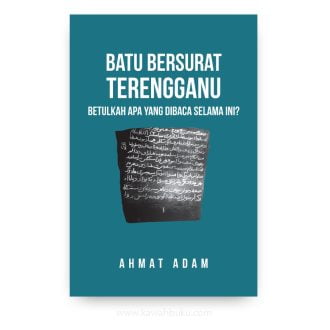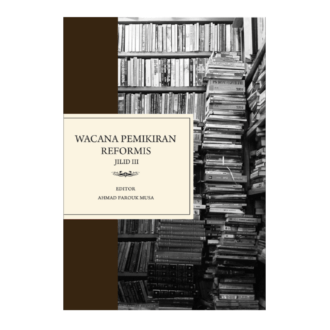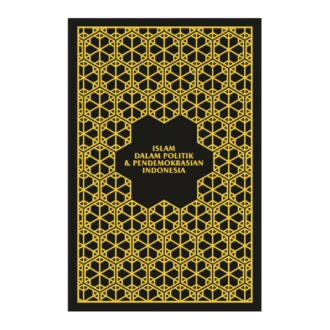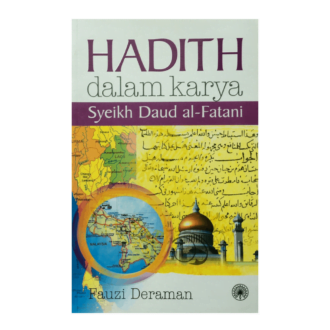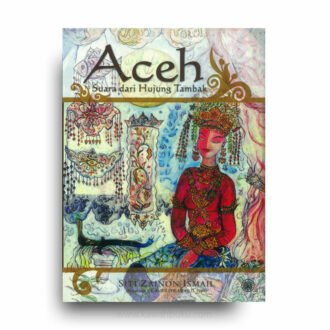Islamic Thought in Southeast Asia: New Interpretations and Movements grew out of a workshop organized by Walailak University’s Regional Studies Program (Southeast Asia) in 2007 titled, “Voices of Islam in Southeast Asia: a Workshop on Islamic Studies and the Study of Muslim Societies in Southeast Asia for Young Southeast Asian Scholars“. The workshop was intended to highlight the breadth and quality of new research being carried out by young scholars in Southeast Asia in the field of Islamic Studies and the study of Muslim societies in Southeast Asia. Recent years have witnessed a remarkable growth in publications on Islam in Southeast Asia, produced by both Muslim and non-Muslim scholars, inside and outside the region, in local languages as well as in English. Among the many themes that have attracted the interest of scholars, two in particular stand out: the dynamics of Southeast Asian Muslim interpretations of Islam, and Muslim responses to global issues.
Scholarly attention to these themes has given rise to a series of important questions. How should we understand the production of interpretations of Islam within Muslim society in Southeast Asia? To what extent is the interpretation of Islam historically dependent? What are the roles of traditional educational institutions such as the pondok or pesantren on the one hand, and modern ones like Islamic universities on the other, in the reproduction of interpretations of Islam in Southeast Asia today? What is the relationship between Muslim scholars’ understanding of Islam and their engagement with the Western social sciences tradition, and how has this encounter influenced the conceptualization of Islam in Southeast Asia today? How influential has the thinking of Muslim scholars from the Middle East been on Southeast Asia Muslims?
In particular, how have the works of Middle Eastern scholars of Islamic modernism in the contemporary era, such as Said Nursi, Seyyed Hossein Nasr, Abdul Karim Souroush, Abou al-Fadl, Abed aI-Jabiri, and Tariq Ramadan, affected the thinking and work of Southeast Asian scholars of Islam? And given that Southeast Asia is home to one of the greatest concentrations of Muslim in the Islamic world including the country with the largest Muslim population: Indonesia how “authentic” is Islamic Studies in Southeast Asia? The Middle East, and the Arab world in particular, tend to dominate interpretations of Islam while Southeast Asia is often seen as a peripheral region of Islam. Yet could Islam in Southeast Asia, with its adaptation to diverse local cultures and comparative openness, be seen as a more authentic version of Isam than that currently practised in the Middle East?
The chapters included in Islamic Thought in Southeast Asia: New Interpretations and Movements were originally presented at an international workshop held by Walailak University’s Regional Studies Program in Nakhon Si Thammarat, southern Thailand, in 2007. The workshop brought together a large number of young scholars of Islam in Southeast Asia, the great majority of whom are living and working in the region. The countries that are the focus of this book are Indonesia, Malaysia and Thailand; the former two produce the bulk of scholarship on Islamic Studies in the region, while Thailand provides an example of a country with a lesser developed Islamic Studies scholarship, and, as is well known, is currently experiencing a violent conflict in the south which has an Islamic hue. The issues discussed in these chapters range from “liberal Islam” to Islamic religious and social movements, human rights, Islamic education, Islamic law, Islamic politics, the “Islamic State”, and the question of identity in a region where Muslims are a minority. While grounded by local experience the chapters also draw upon a large corpus of Islamic Studies scholarship produced outside the region.
Apart from the final chapter, all chapters in Islamic Thought in Southeast Asia: New Interpretations and Movements were written by young Muslim scholars who were raised and educated in Southeast Asia. Most of the contributors have received higher degrees from local as well as Western universities. Their disciplinary backgrounds range from Islamic Studies to political science, law, and anthropology. All are currently associated with Southeast Asian universities as lecturers or researchers and are deeply engaged with the public discussion about Islam and Muslim society in the Southeast Asian countries in which they work. Most write, teach, debate and argue in local Southeast Asian languages as well as in English. The essays collected together in Islamic Thought in Southeast Asia: New Interpretations and Movements may thus be regarded as the expression of a dynamic new generation of Southeast Asian intellectuals currently teaching and researching in Southeast Asia in the various disciplines of Islamic Studies.


